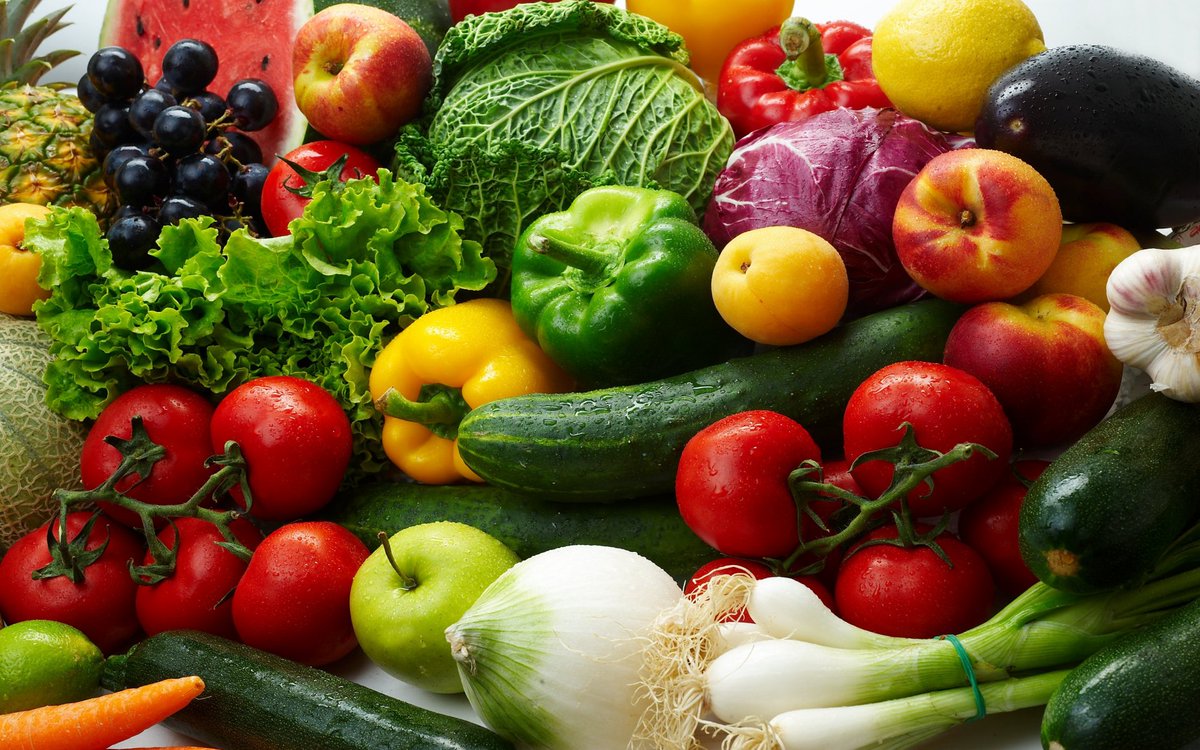
Our bodies need many different nutrients every day to work properly. Without them we can start having problems with our health. So if you are feeling tired, unwell or have other health problems it might be because you are not getting all the nutrients you need from your diet!
Unfortunately a lot of our food is processed and refined carbohydrates. This means we get plenty of calories. The thing missing in a lot of these foods is the vitamins, minerals and other nutrients. Here are some of the most common deficiencies and what food to eat to prevent them.
Our main source of Vitamin D is from the sun! About 20-25 minutes of sunlight is enough to meet our needs (unfortunately this doesn't work with sunlight through a window, you have to be outside!). This can be a problem for people in the winter when it isn't so sunny. Eating salmon or tuna (tinned tuna is fine) are good sources from food.

This is the most common deficiency, particularly in women. It is vital for making haemoglobin (an important part of blood). Without it you can suffer from constant tiredness and other symptoms. Spinach, liver and nuts (walnuts and almonds) are great sources of iron.
We need about 30g of fibre per day, but many people get less than half of this. Fibre is not absorbed by your body but it plays a vital role in digestion. It is key for keeping our bowel movements regular and preventing both diarrhoea and constipation. Nearly all fruit and vegetables (as long as they are still in their skins and not juices!) are fantastic sources of fibre. Cereals like porridge are also a good source.
Without magnesium our bodies can not function properly. The reason many people don't have enough in their diet is because magnesium is normally removed during the processing of many foods. Almonds, cashew nuts, peanuts (or peanut butter!) and garlic are great sources of magnesium.
These are some of the most common nutrient deficiencies. If your health is not good, simply eating healthier may be all your body needs to recover.